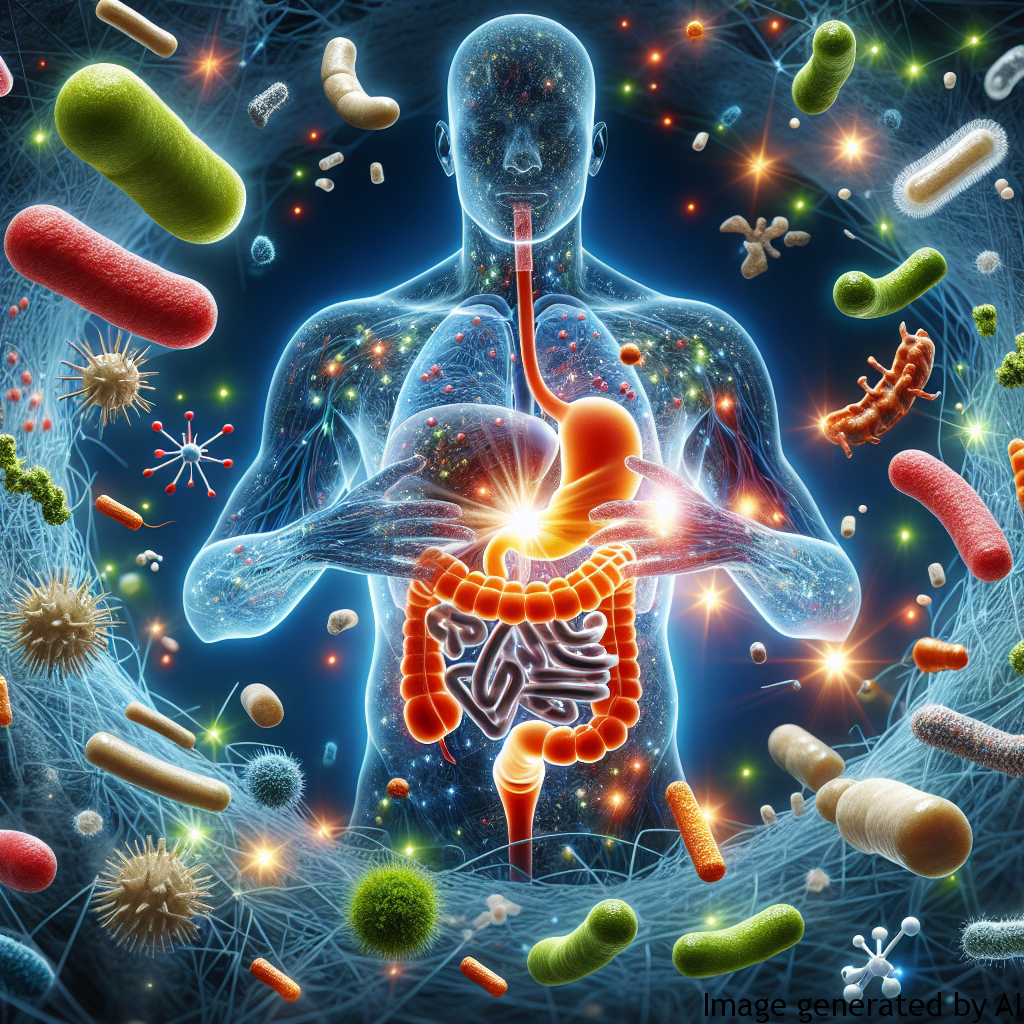Introduction
The nutrition landscape has evolved immensely over the past few decades, with a growing recognition of the significance of a balanced gut microbiome for overall health and wellness. Prebiotics and probiotics have surfaced as key components in regulating this balance. They are supplements or food components that aid in the sustenance and thriving of healthy gut microbiota, boosting the individual’s physical health and psychological wellbeing. This article explores the role of prebiotics and probiotics in nutrition.
The Role of Prebiotics and Probiotics in Nutrition
Prebiotics are specialized plant fibers that act as food for the beneficial gut bacteria. They help increase the population of healthy bacteria in the gut, contributing to better health. Foods rich in prebiotics are oats, bananas, berries, onions, and legumes amongst others.
Probiotics and their Importance
Probiotics, on the other hand, are living bacteria that are good for your health, and particularly your digestive system. They are found in fermented foods like yogurt, sauerkraut, and kimchi. Probiotics help replenish good bacteria, helping restore the natural balance of bacteria in the gut and promoting a healthier gut flora.
How Prebiotics and Probiotics Support Health
Prebiotics and probiotics play a vital role in improving digestion by escalating the absorption of minerals and nutrients from the food. They boost the immune system, reduce inflammation, help in the production of vital vitamins like Vitamin K and B, help manage weight, and even impact mental health.
The Connection Between Gut Health and Psychological Wellbeing
Emerging research shows that there is a strong correlation between gut health and psychological wellbeing. The gut, often referred to as ‘second brain,’ communicates directly with the brain and is a major producer of neurotransmitters like serotonin that regulate mood. Prebiotics and probiotics, hence, have a profound impact on mental health, aiding in the reduction of anxiety, depression, and mood disorders.
Integrating Prebiotics and Probiotics Into Daily Diet
Diet plays a significant role in determining the diversity and richness of the gut microbiome. Consuming a diet rich in probiotic and prebiotic foods or taking specialized supplements can be a beneficial strategy for health enhancement. It’s important to note that a variety in diet is key to fostering a variety of gut bacterial profiles, which aids greater health benefits.
Conclusion
The impact of prebiotics and probiotics on health extends far beyond digestive wellness. They are critical components in defining the overall health of an individual, including psychological wellbeing. Amidst the ascending recognition of gut health as a determinant of overall health, prebiotics and probiotics have a crucial role to play. As research continues to unfold, it will enrich the understanding of how to harness the full benefits of these vital components of nutrition.

